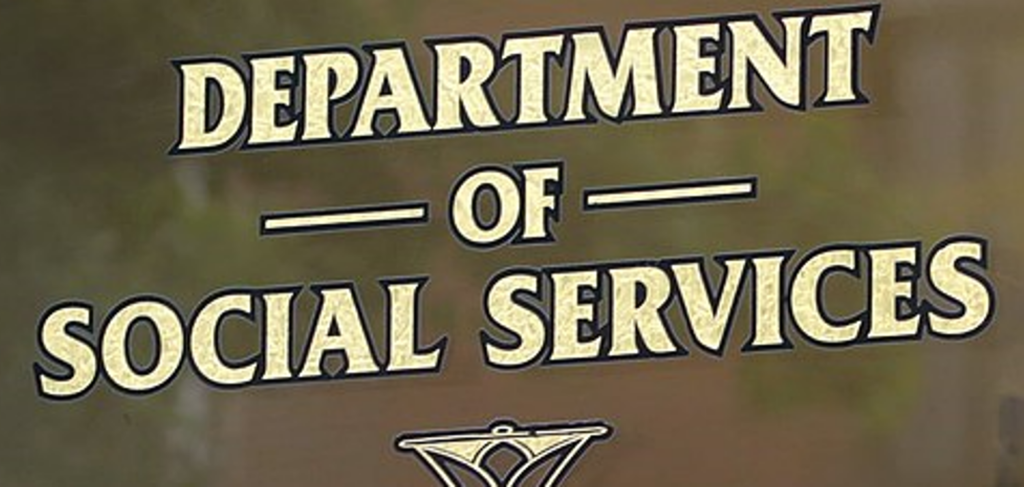
Heterosexual marriages where the wife earns more than her husband are increasingly prevalent in the United States. According to the Bureau of Labor Statistics, women out-earn their husbands in almost 30% of dual-earner couples in 2020, up from just 18% in the 1980s. This is despite the fact that traditional ideas endure and many men still feel strong pressure to be the family breadwinner.
Clearly, there is a misalignment between women’s increasing economic power and the still prevalent traditional or “neotraditional” male-breadwinner model, a model in which wives either are not working or are employed but earn considerably less than their husbands. Does such a disjuncture lead to stress? Google certainly thinks so. A quick search of “wife breadwinner” leads to autocompleted terms such as “resentment,” “divorce,” or “wants divorce.” This is in line with previous research showing heightened risk of marital dissatisfaction and marital dissolution when wives earn more.
What is less understood, however, is whether this pattern reflects largely white couples’ experiences. Compared with whites, families in which the wife is the sole or primary breadwinner are much more common among Blacks. This can be traced back to the distinct work history of Blacks. Black men, for example, do not enjoy a boost in wages (“daddy bonus”) as much as their white counterparts when they become a father. Co-provider parents who both work for pay has long been the norm for Black married couples. Indeed, a recent interview study shows that a key component of being a strong Black woman is to being able to provide financially for the family. Being an equal- or sole-breadwinner is not problematic for Black women.
Continue Reading…

